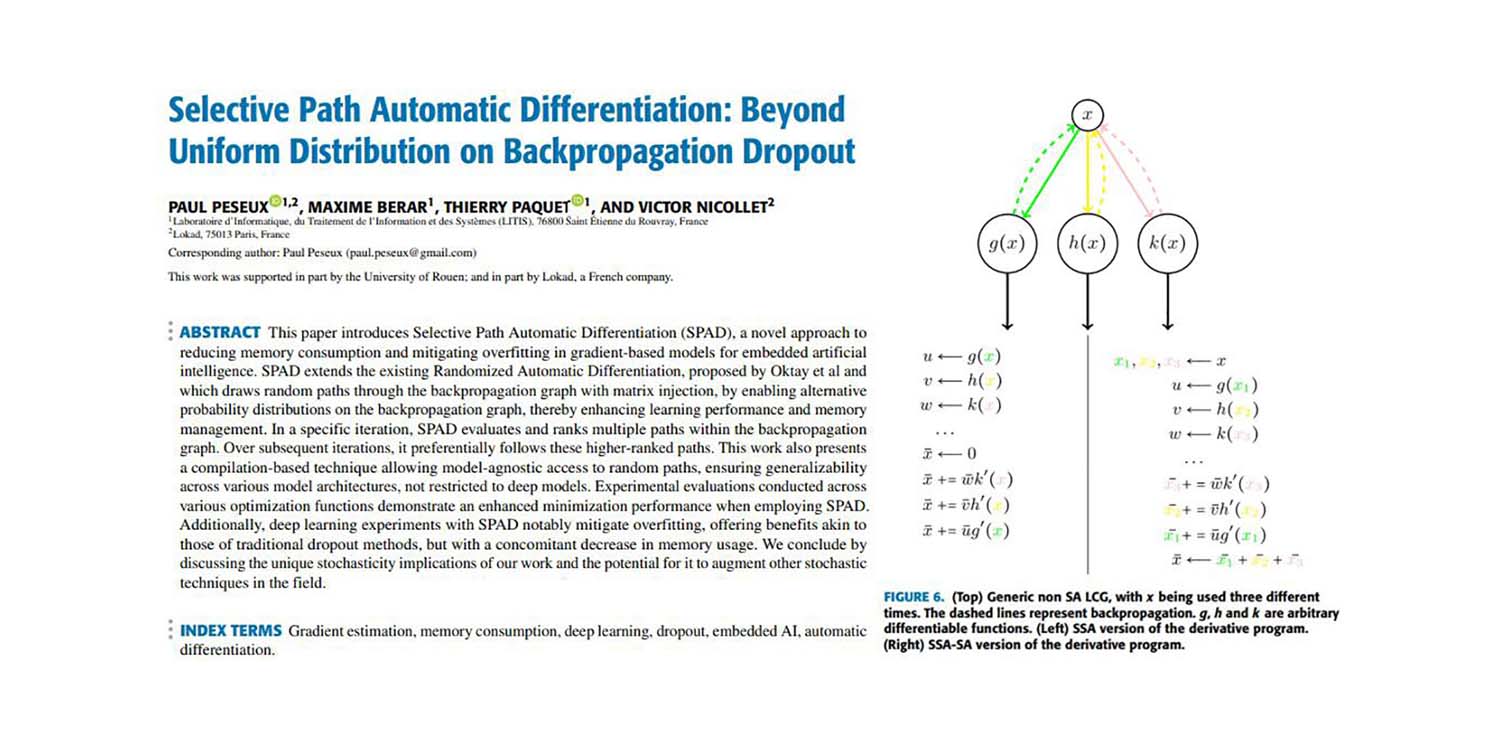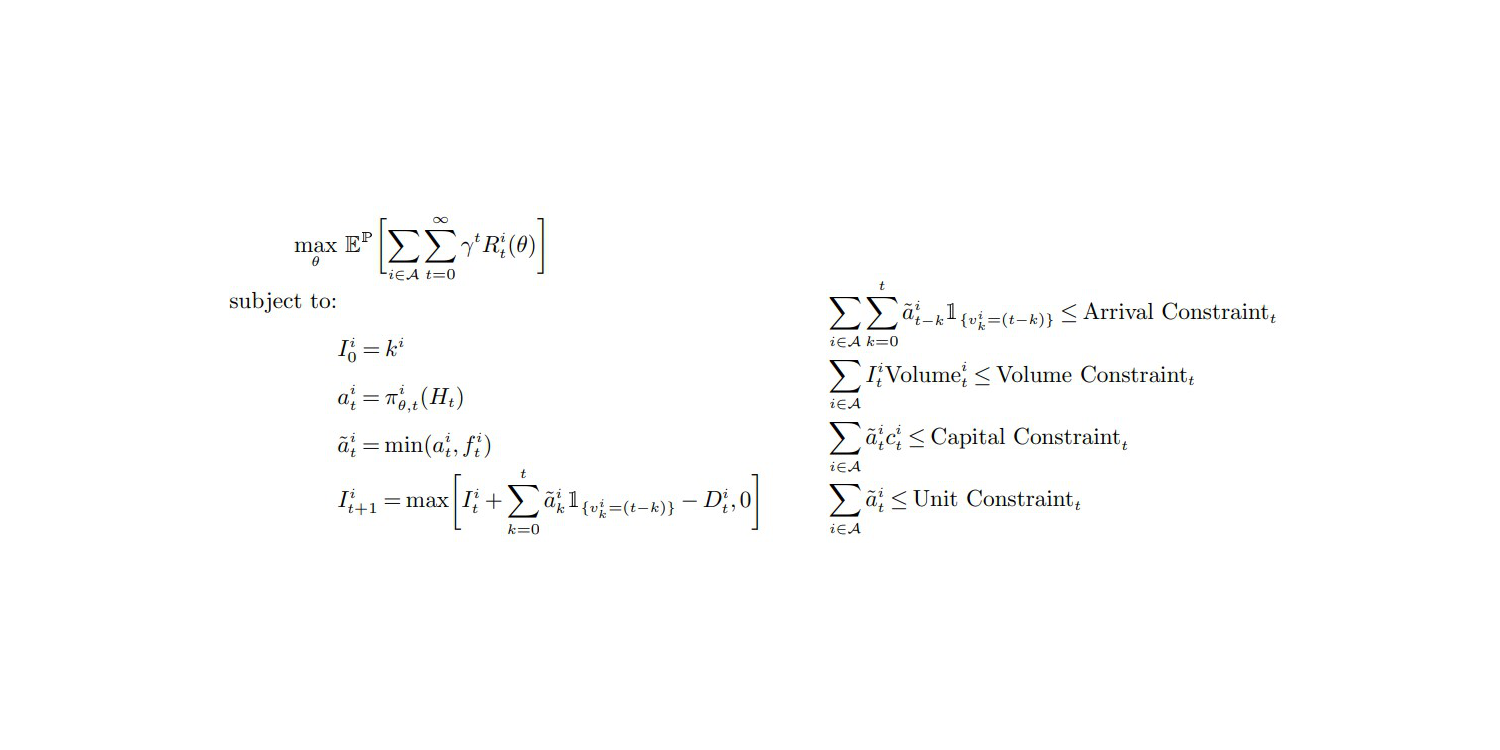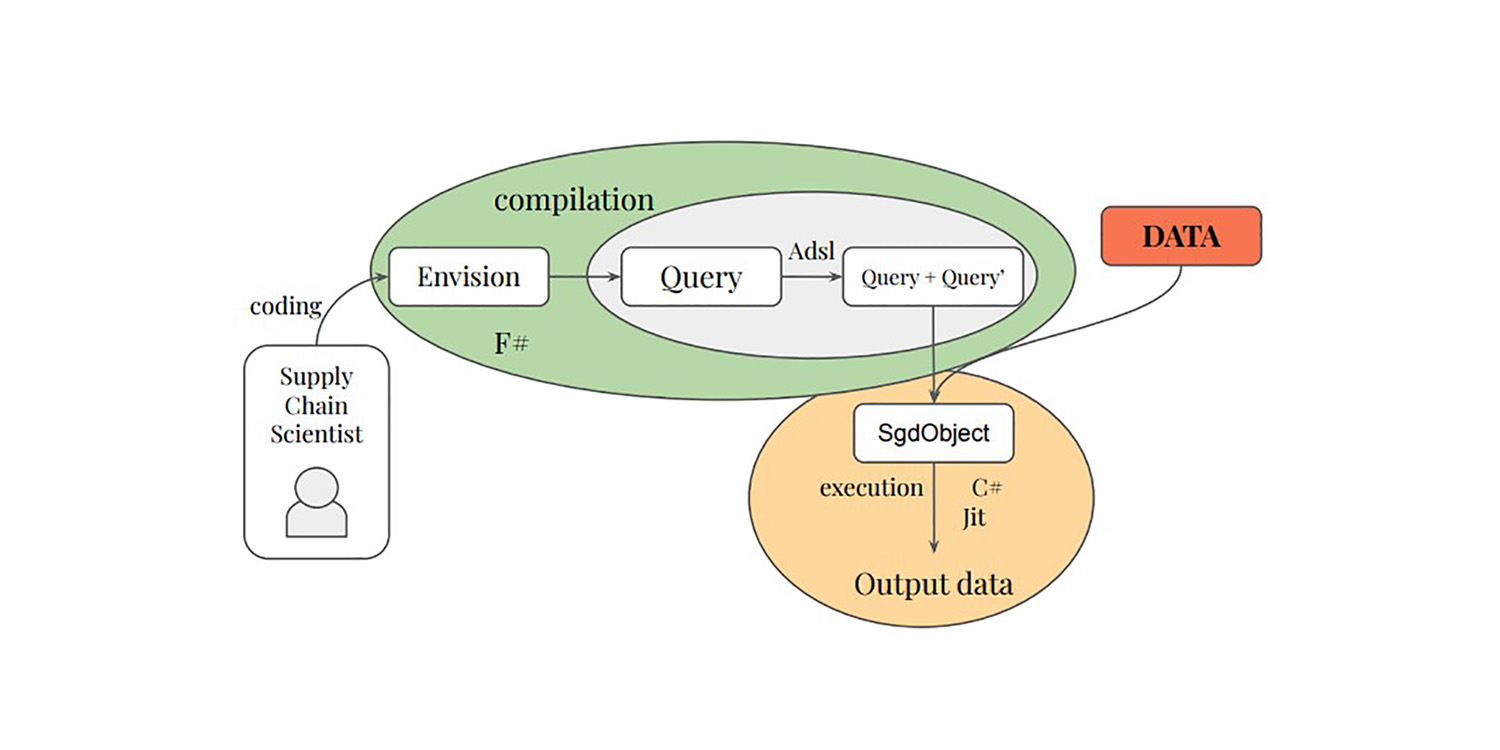Sales Analysis through Envision - Workshop #2
The Envision Workshop #2: Sales Analysis in our series1 is now available, targeted at supply chain academics, educators, university students, and supply chain professionals. This workshop offers practical insights into using Lokad’s advanced tools for managing complex supply chains and optimizing inventory decisions.
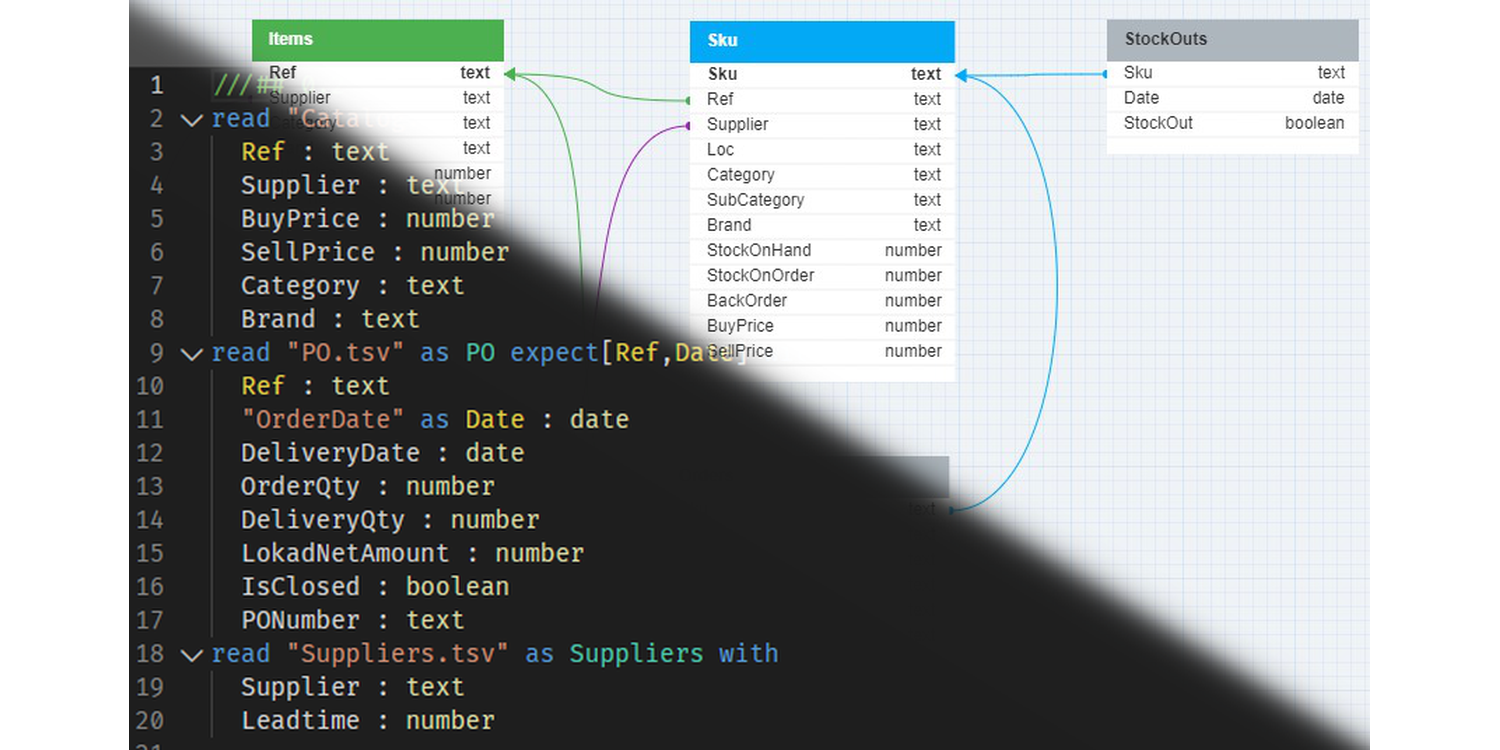
The workshop takes the form of a fictitious case study2 in the retail sector. It provides students with all the necessary information, guidance, and crucially, data to assess the financial risks associated with the retail company’s clients.
Students will analyze global sales trends of the fictitious company, its customers, best selling products and sales channels, as well as KPIs to evaluate profitability and derive conclusions. From the professor’s perspective, the workshop provides all the required resources for an engaging and instructive workshop, including a dataset with relational data schema, an interactive work environment, and a case study with embedded links to help students locate and use the relevant Envision functionality3.
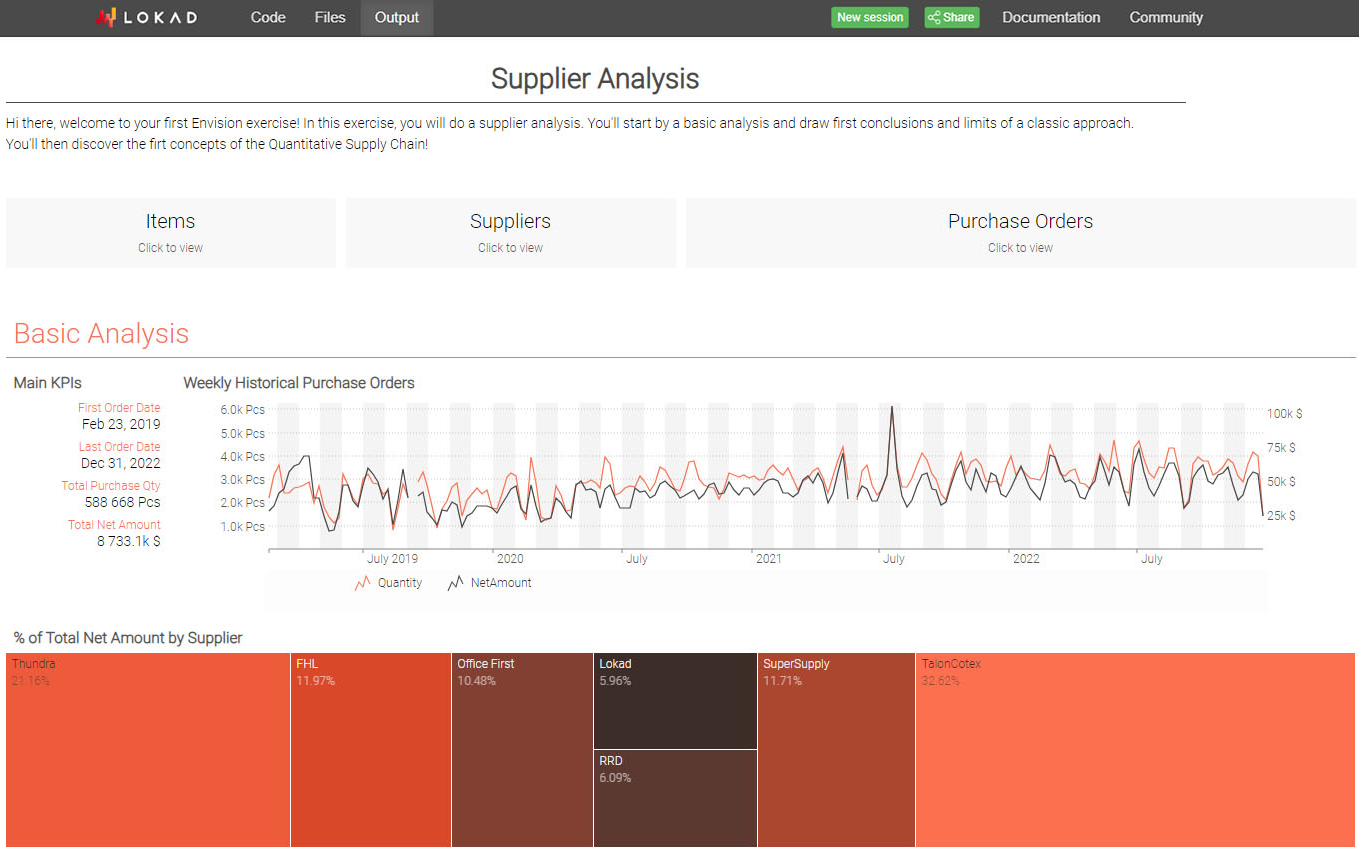
The workshop’s primary goal is to provide students structured guidance for analyzing modern supply chains. This process mimics the real-life business situations that Lokad’s Supply Chain Scientists (SCSs) generate recommendations for on a daily basis. It also mimics the progression of supply chain initiatives that Lokad implements with its clients.
The workshop begins with an overview of the fictitious company, an introduction of key terms and definitions, as well as a thorough data description. These are the sorts of details one finds in a real-life Joint Procedure Manual (JMP)—the foundational document for every supply chain initiative with Lokad. Then it progresses with basic analysis and data sanity checks—essential steps before any forecasting and decision-optimization even starts. Following this, economic drivers and financial risks are introduced, which sets the baseline for eventual quantitative optimization. Finally, holistic analysis is conducted to detect interrelationships between products—an essential factor when trying to optimize decision-making.
In short, fresh paradigms require fresh tools and mindsets. I believe this addition to our workshop series will demonstrate to the wider supply chain community (both academic and professional) how to implement Lokad’s Quantitative Supply Chain vision4.
In closing, I would like to extend my gratitude once again to Paul Jan5 for his significant past and ongoing contributions to this project. Without his efforts, this workshop series would not have been as successful.
-
All published workshops as well as other practical exercises can be found in Envision Gallery section of Lokad’s public documentation. ↩︎
-
Supply Chain Personae is an alternative approach developed by Lokad to study real supply chains, and to address the flaws of traditional case studies. ↩︎
-
An answer sheet is available upon request. ↩︎
-
The Quantitative Supply Chain Manifesto states the vision of Lokad. ↩︎
-
Paul Jan is, amongst other things, an Associate Professor at University of Toronto’s Rotman School of Management, where he teaches Operations and Supply Chain Management. He has more than 18 years of experience in the fields of education, manufacturing, and supply chain. ↩︎
